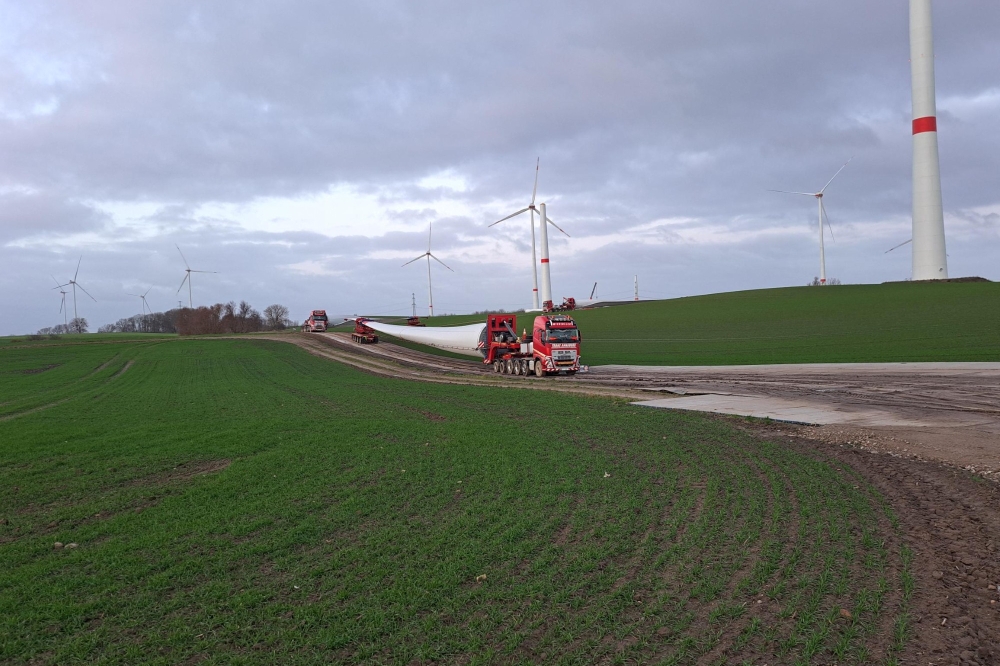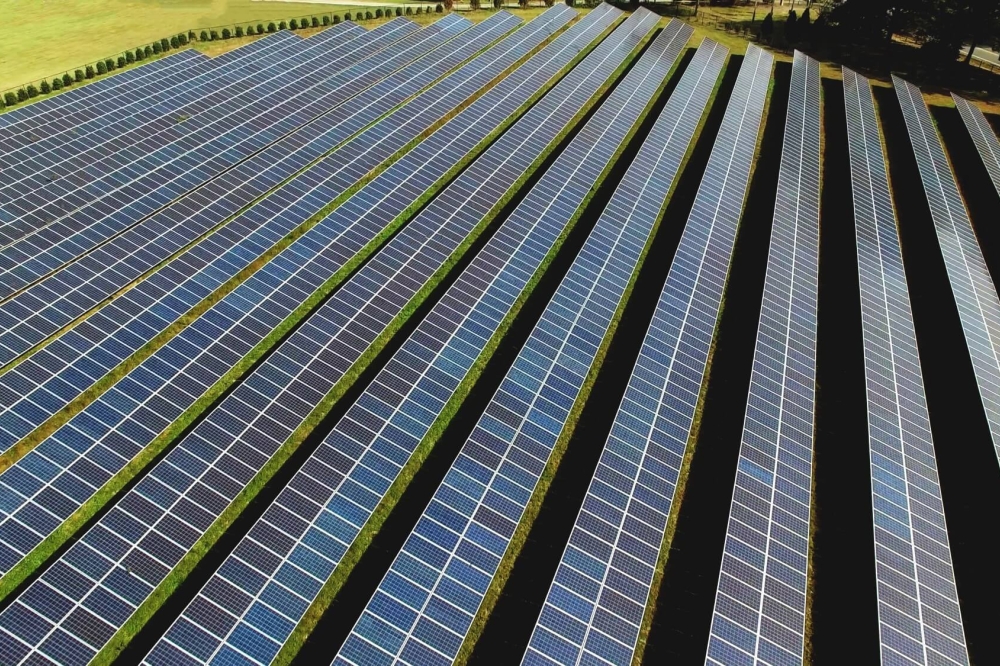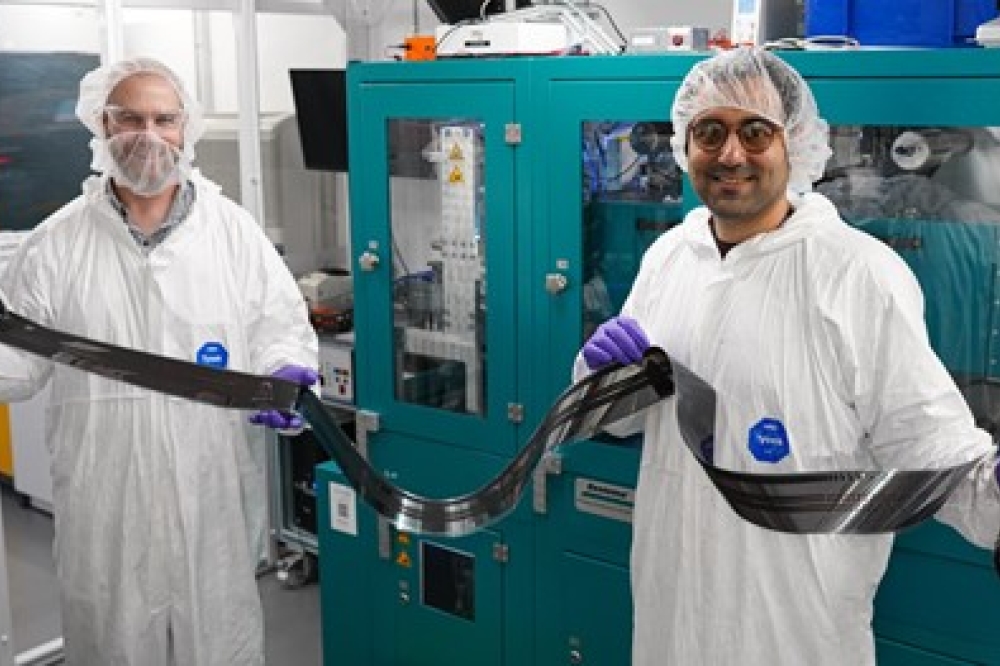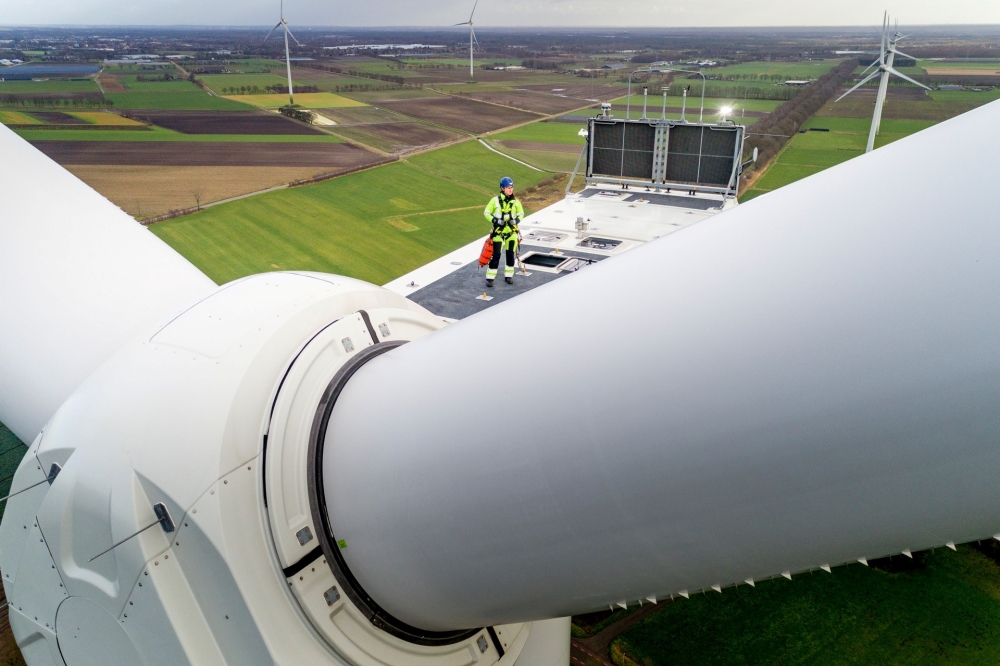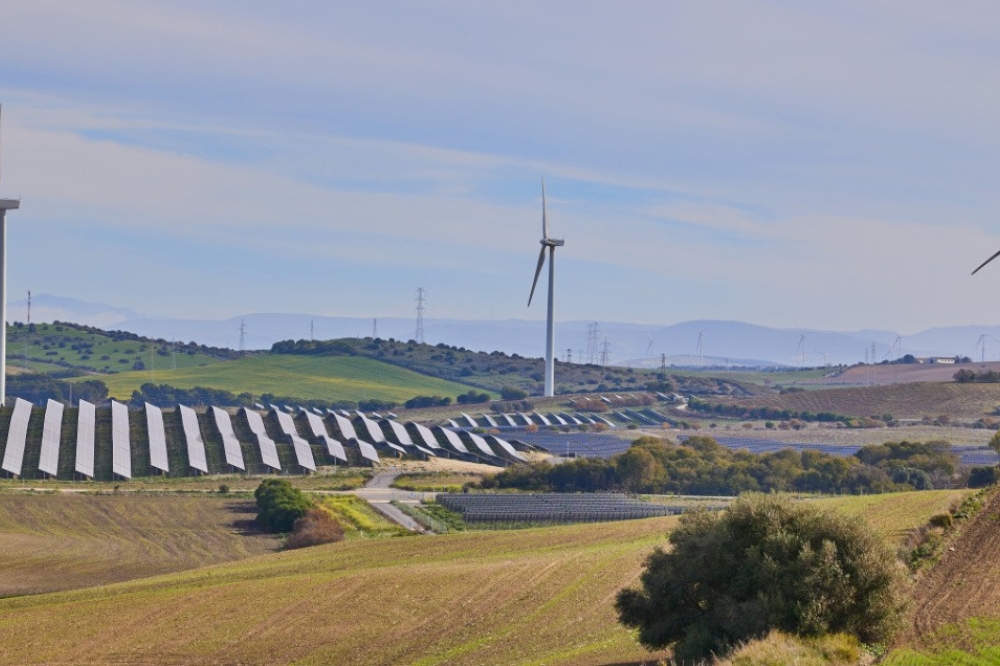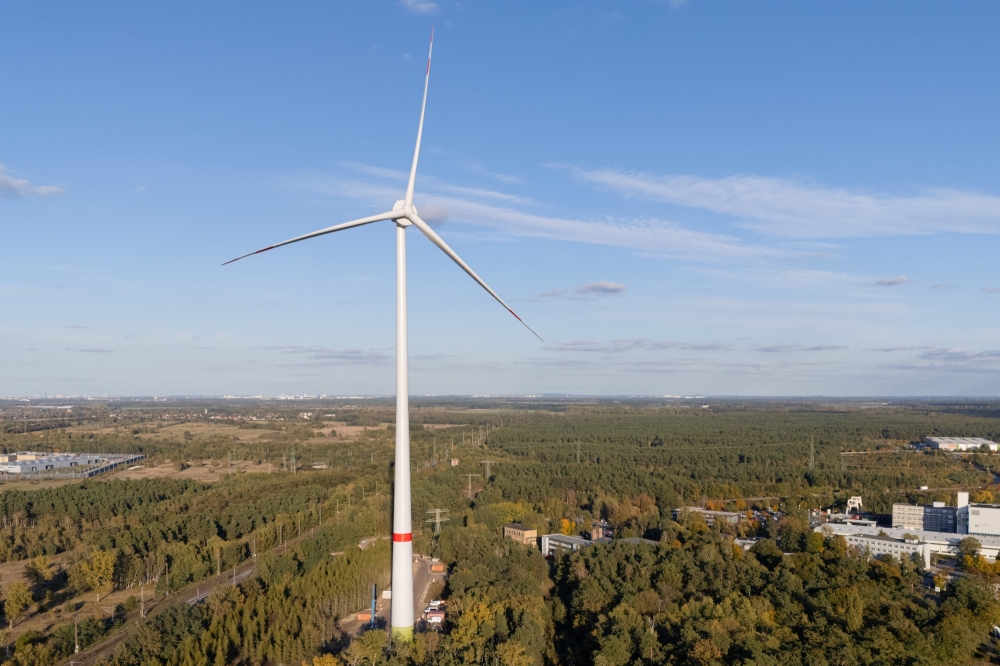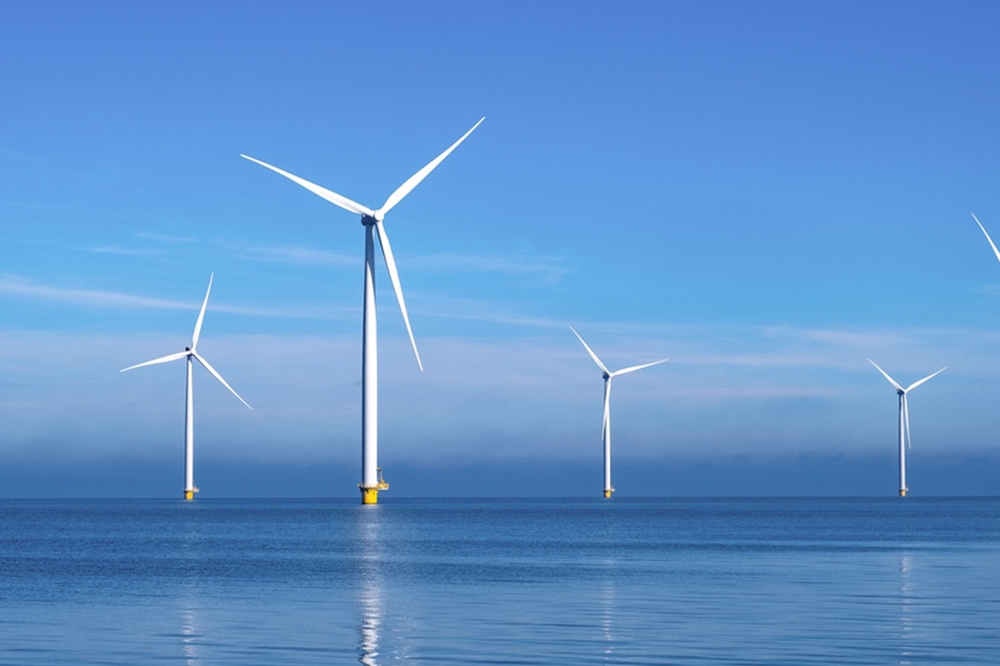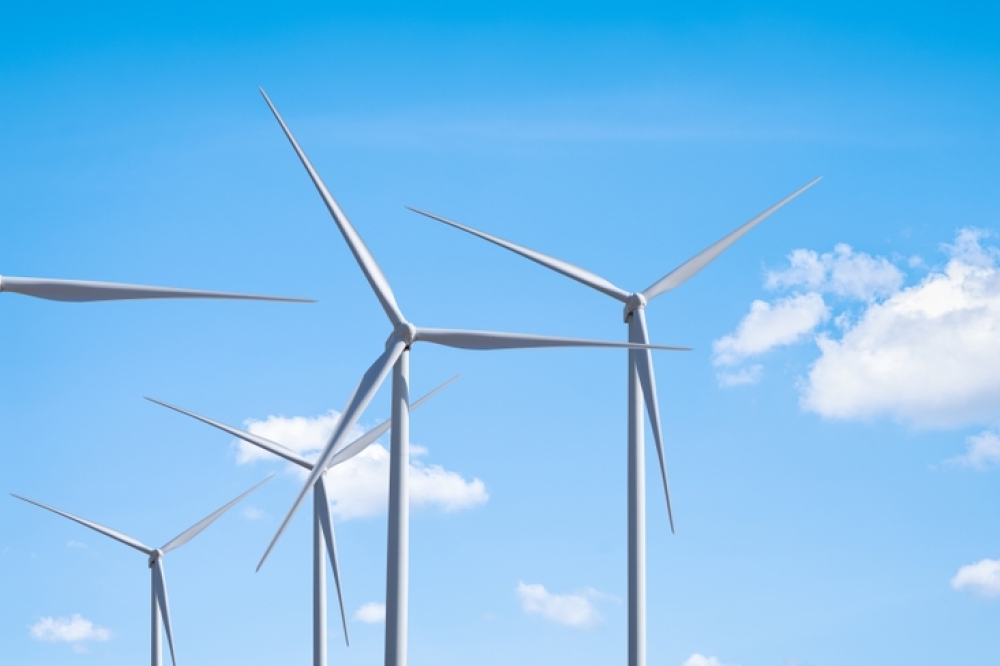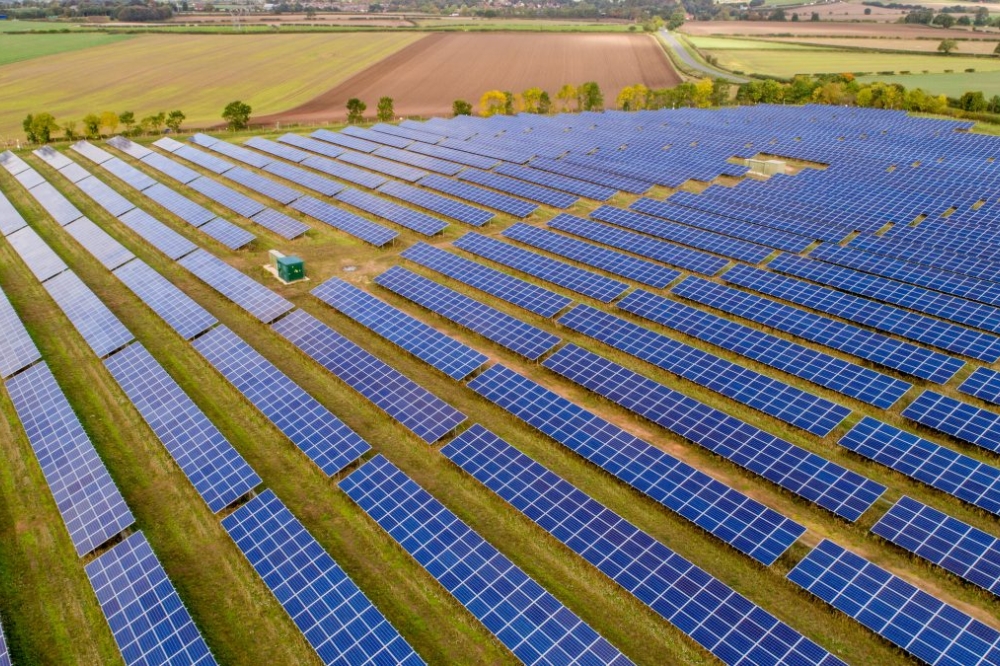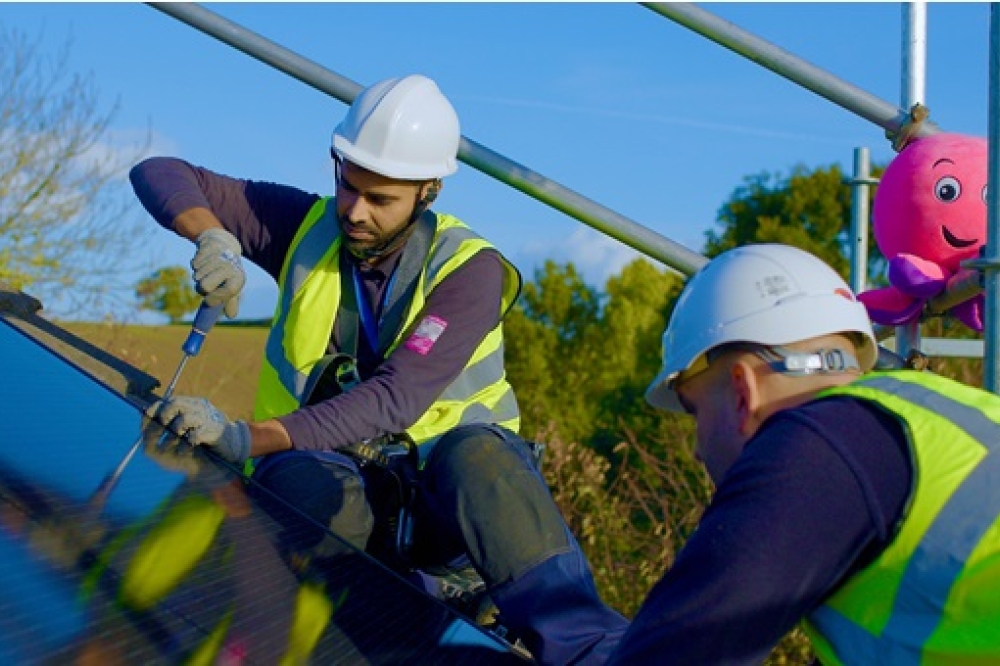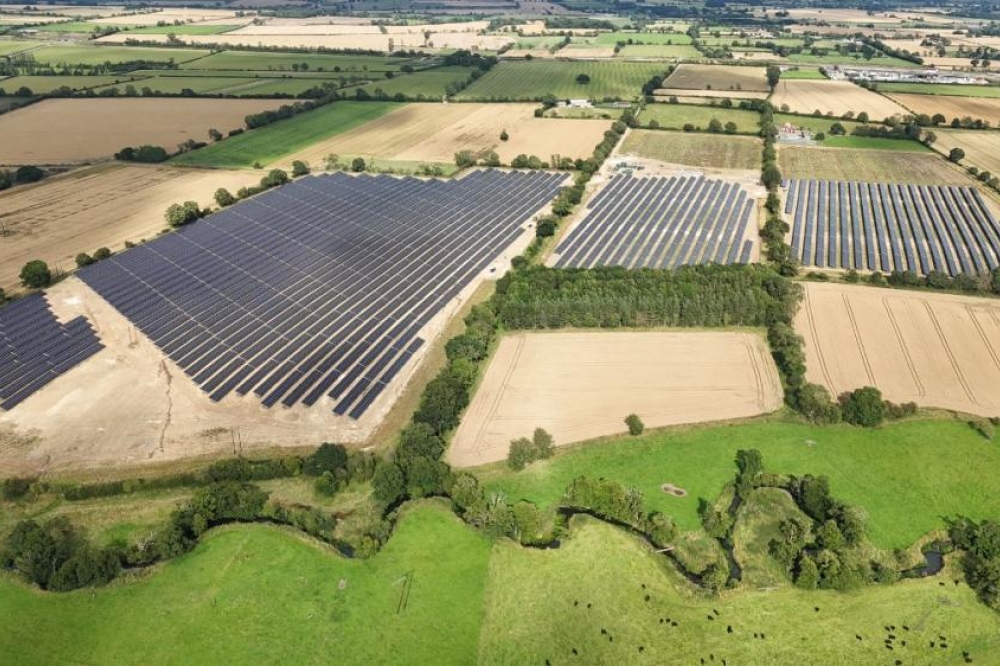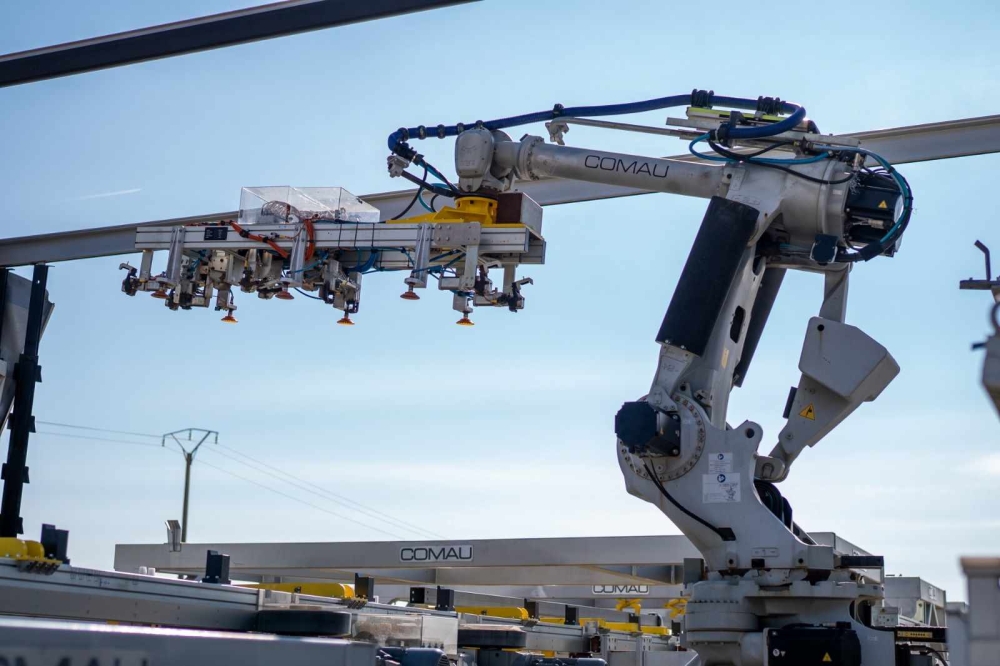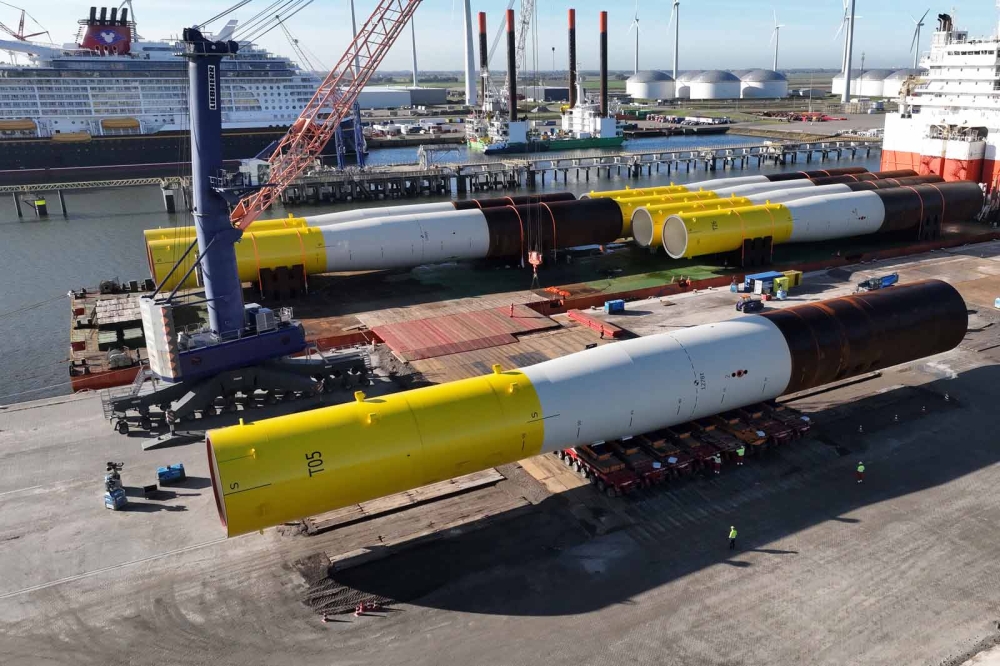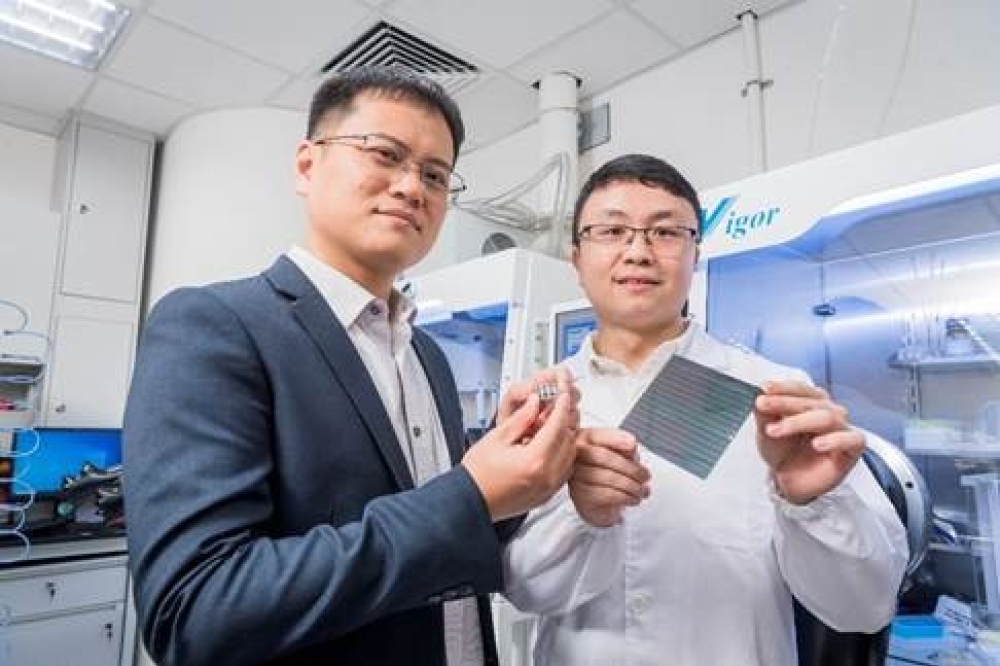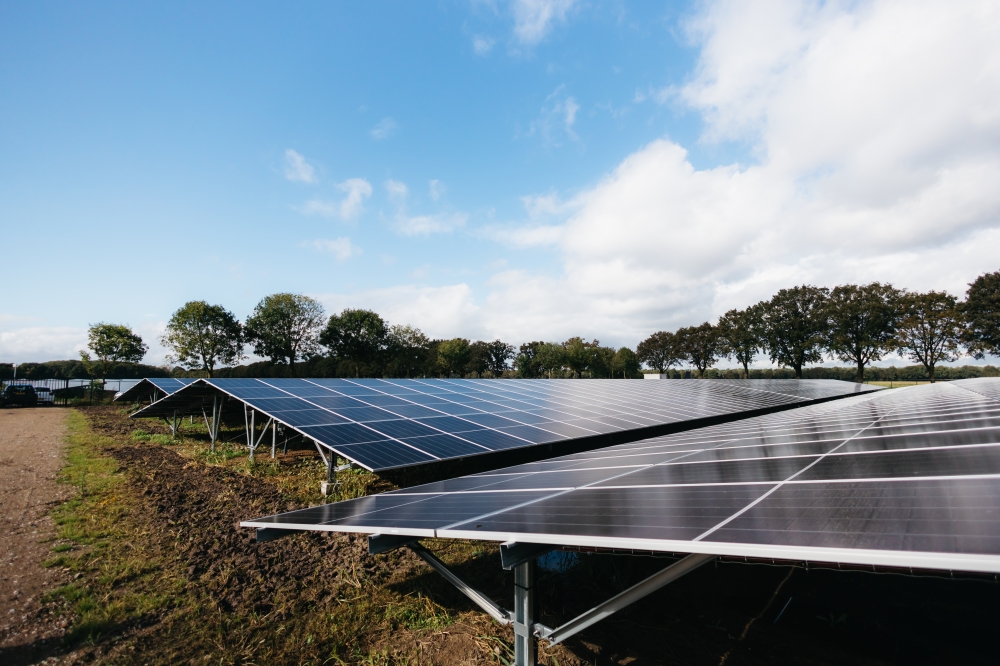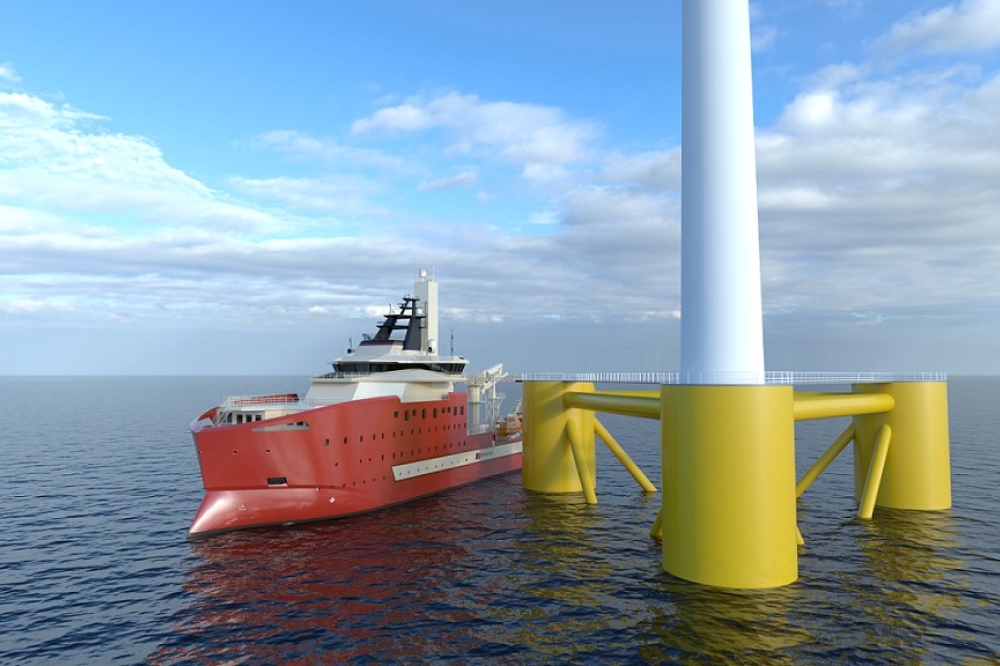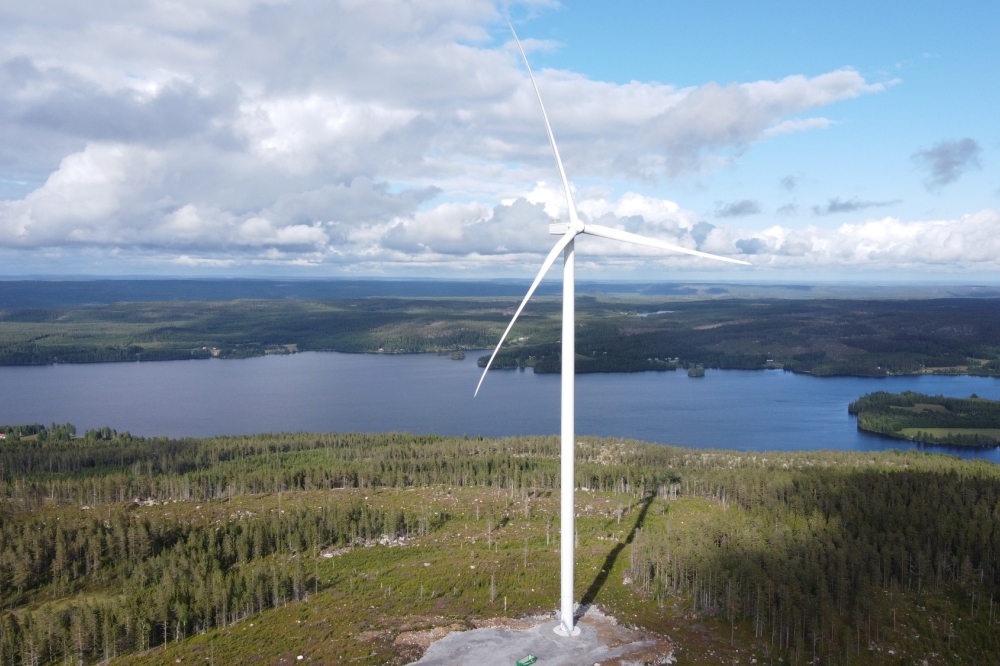UK Achieves Cleanest Electricity Generation in 2024: Carbon Brief Analysis
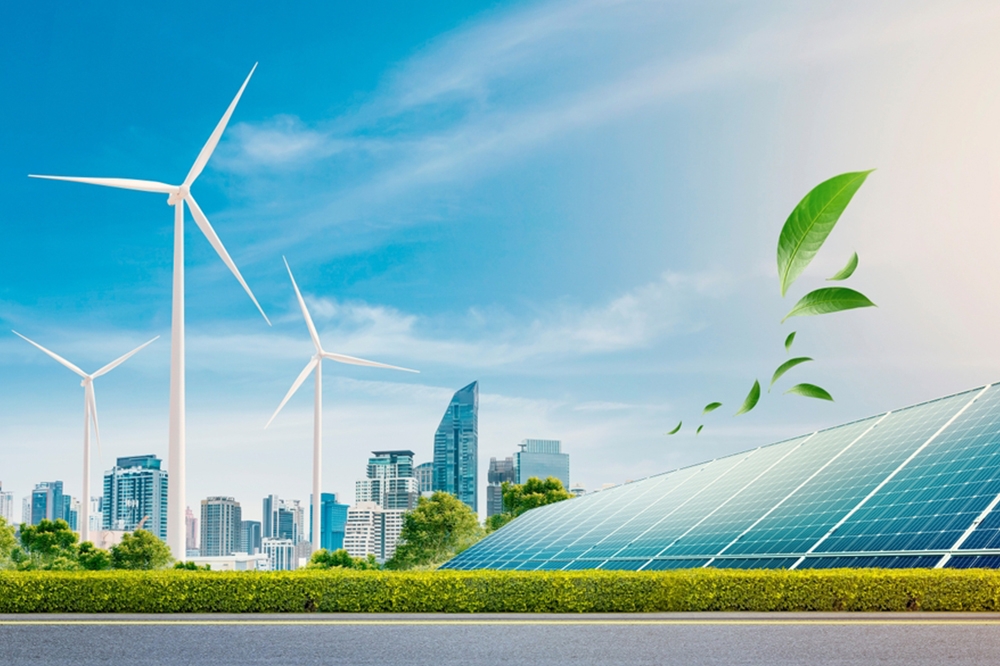
In 2024, the
UK achieved its cleanest electricity generation on record, according to a
recent new analysis by Carbon Brief. The average carbon intensity of
electricity fell to 124g of CO₂ per kilowatt-hour (kWh), marking a 70% decrease
from 419gCO₂/kWh in 2014.
This
achievement was driven by a significant shift in the UK's energy mix. Fossil
fuels accounted for just 29% of electricity generation, the lowest proportion
ever recorded, while renewables hit a record high of 45%, and nuclear
contributed 13%.
Key Data
Highlights
- Fossil Fuels: Electricity generated from
fossil fuels declined to 91 terawatt-hours (TWh) in 2024, a 55% reduction
from 203TWh in 2014. This includes gas as the primary contributor, while
coal power was fully phased out in September 2024.
- Renewables Growth: Renewable electricity
generation more than doubled from 65TWh in 2014 to 143TWh in 2024, a 122%
increase. Wind power contributed 84TWh (26%) and solar 14TWh (4%).
- Clean Energy Share: Including nuclear and imports,
clean sources accounted for 58% of total electricity generation in 2024,
or 64% when excluding imports.
- Emissions Reduction: Total emissions from
electricity fell from 150 million tonnes of CO₂ (MtCO₂) in 2014 to below
40MtCO₂ in 2024, a 74% decline.
Milestone
Achievements
The closure
of the UK’s last coal-fired power station in September 2024 ended a 142-year
era of coal power, making the UK the first G7 nation to fully phase out coal.
Electricity
demand has also fallen over the past two decades due to increased efficiency in
appliances and a shift from heavy industry. These factors, coupled with growing
renewable capacity, have solidified the UK’s progress toward its clean energy
goals.
Looking
Ahead
Despite this
progress, gas-fired power plants remained the largest single source of
electricity in 2024. However, with new wind projects coming online and
below-average wind speeds in 2024, wind power is expected to surpass gas as the
UK’s largest electricity source in 2025.
This
transformation supports broader carbon reduction efforts. For example, electric
vehicles now offer lifecycle CO₂ savings of 70% compared to petrol cars, up
from 50% in 2014. Similarly, households using heat pumps instead of gas boilers
are reducing heat-related CO₂ emissions by 84% annually, compared to 45% in
2014.
The UK's clean energy journey underscores the potential for other nations to follow, as it works toward its target of at least 95% clean power by 2030.


